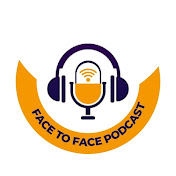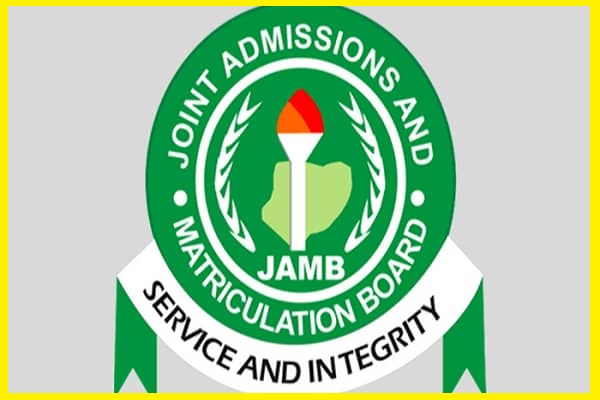Is this the beginning of an academic collapse?
With over 75% of UTME candidates scoring below 200, we must ask: Are we nurturing intelligence or outsourcing it to machines?
The Joint Admissions and Matriculation Board (JAMB) recently released a startling report: over 75% of candidates who sat for the 2025 Unified Tertiary Matriculation Examination (UTME) scored below 200. This figure is alarming, considering the maximum score is 400. Such a performance drop calls for urgent national reflection, particularly as it may be linked to deeper issues regarding natural intelligence, motivation, and our changing relationship with technology.
There is growing concern that reliance on Artificial Intelligence (AI) and digital tools may be contributing to a decline in students’ ability to think independently and critically. While AI can be a valuable educational resource, its misuse—especially as a shortcut for assignments, exam preparation, or comprehension—can lead to intellectual laziness. Students who overly depend on AI may fail to develop the cognitive skills and discipline that traditional learning builds.
Moreover, this poor performance may also be tied to a noticeable loss of interest in acquiring real education. In an age where social media fame, get-rich-quick schemes, and digital distractions dominate youth attention, academic pursuit often takes a back seat. Many students now see formal education as irrelevant to success, further fueling apathy toward academic excellence.
The 2025 UTME results should serve as a wake-up call for stakeholders—parents, educators, government, and students themselves. Reigniting the value of hard work, discipline, and natural intelligence in education is vital. If not addressed, this trend could undermine not just individual futures but the nation’s intellectual and professional capacity in the long term.



